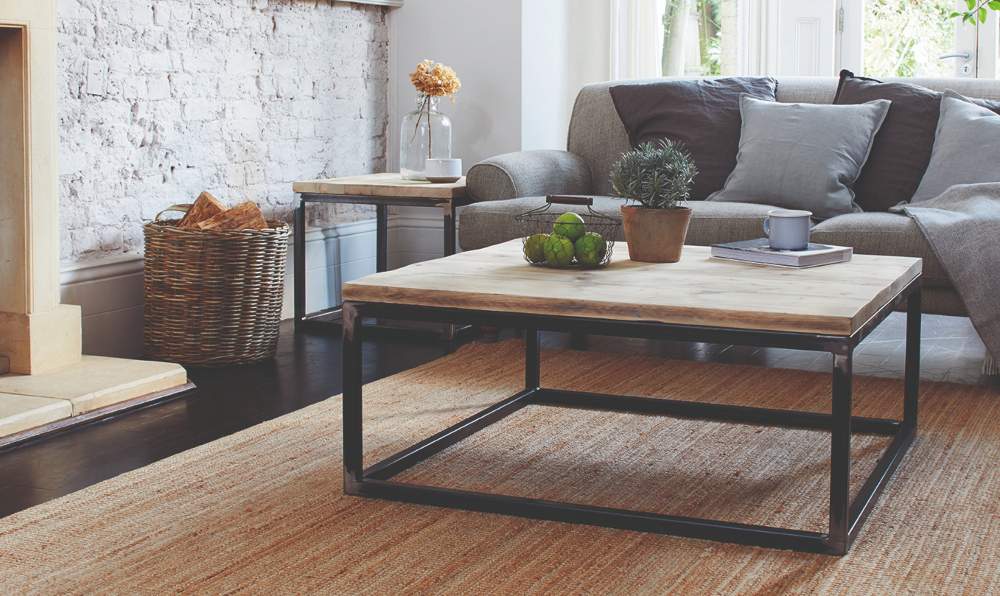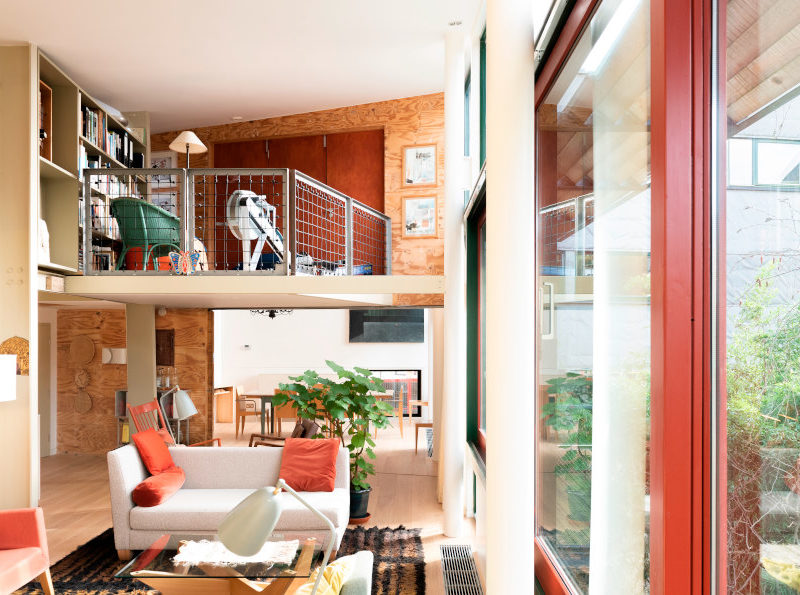
Going Eco
Going Eco
How to make your home more sustainable in 2020
If you’re looking to make your home more eco-friendly this year, there’s never been an easier time to do it. We are better equipped than ever with information about the environmental impact of our choices, while retailers, contractors and suppliers are responding to the challenge to provide products and services that are sustainable.
The maxim of reduce, reuse, recycle still holds true: it’s often better to hold onto what you’ve got until it is no longer functional than to buy new. This is particularly true of furniture and fittings, which generally have far more life in them than we realise. If you do need to buy something new, make conscious choices about who you are buying from. Do they have a sustainability policy which covers their impact on people and planet? And when disposing of something you no longer need, think about whether it is really rubbish, or whether it could be reused by someone else, or recycled.
Major refurbishments
If you’re looking to undertake a major home project you can find eco-friendly contractors through The Association for Environment Conscious Building (AECB) and The Green Register. These organisations are also a good source of advice on sustainable building and renovation.
Heating
According to the Energy Saving Trust, the majority of UK household CO2 emissions come from heating. So when your gas boiler breaks consider changing to a low carbon heating system such as a biomass boiler or heat pump. Although they cost more up front, over time you should recoup some of your installation costs through lower energy bills. You could also consider switching to a green electricity supplier. Bulb, Green Energy and Ecotricity all supply 100% green electricity, and varying percentages of green gas (which comes from biodegradable materials). With more information now available about the harmful emissions released by burning wood, you could also instal a bioethanol fire.
Kitchens
Kitchens are generally one of the most expensive rooms in the house to renovate, and as so many used kitchens are sent to landfill they generate a large amount of waste. By selling your old kitchen, or buying your new one, on The Used Kitchen Company, you’ll reduce waste and save money at the same time. Another solution is to update what you have. Quartzize provides replacement worktops that are installed over your old existing worktops, and the company can also replace cupboard doors.
Lighting
Switching to LED bulbs will cut your energy usage, as they use up to 90% less energy than incandescent bulbs, and you can reduce your consumption further by installing dimmer switches. Even dimming lights by 20% saves nearly 20% in energy.
Paint
Solvent based paints release VOCs (volatile organic compounds), but thankfully there are now a range of eco paint brands available which are made from natural ingredients, and contain virtually no VOCs. Graphenstone paints come in 96 colours, are made from graphene and lime, and three 15 litre pots actually absorb more than 10kg of CO2 per year. Paint the Town Green, a Wandsworth based environmentally friendly decorating company, also have their own range of eco paint, in 42 colours, and will colour match other brands. If you have leftover paint it can be donated to Community Repaint, rather than being left to dry up in a shed or garage.
Furniture
Rather than buying something new, employ a local upholsterer or furniture repairer to breathe new life into classic pieces. If you do need a new piece, look for items made from recycled or reclaimed materials – Raft Furniture and Barker and Stonehouse have beautiful ranges. West Elm sells a range of furniture that is FSC certified, meaning that you know the wood has been responsibly sourced. Buy second hand: websites such as Vinterior and The Kairos Collective sell vintage items that will help you to create a unique and sustainable look, and Sunbury Antiques Market is a great place to pick up stylish second hand items. If you have
items that you can no longer use, Kingston Community Furniture collects and restores unwanted furniture, and makes it available to local families and individuals in need.
Flooring
Go for floor coverings made from recycled materials which repurpose products that would otherwise become waste. For example, Weaver Green makes rugs which contain up to 3000 recycled plastic bottles. They are machine washable, stain resistant and hard wearing. Eco Flooring UK specialises in reclaimed parquet floors which recycle and reuse wood, while Lazenby make concrete floors using recycled material. The Naked Flooring Company has a range of options in 100% natural materials.
Soft furnishings
Making a switch from plastic based materials such as nylon, acrylic and polyester to natural ones made from wool, bamboo, hemp and linen will help to ensure that your bedding, curtains and other soft furnishings are not just kinder to you but also to the environment. If you’re buying cotton the gold standard is GOTS certified organic, as it uses a lot less water and no pesticides in the production process, is not genetically modified, and guarantees better conditions for farm workers. Kingston based Linen Quarter sells luxurious organic cotton bed linen at affordable prices, while Secret Linen Store sells a large range of linen bedding in 16 different colours. Harrison Spinks supplies mattresses made from hemp, flax and wool to Dreams, Feather and Black, and John Lewis. Vanessa Arbuthnott supplies made-to-measure cushions in organic cotton, flax and linen.
Written by Kingston-based interior designer Becky Hirt beckyhirt.co.uk






